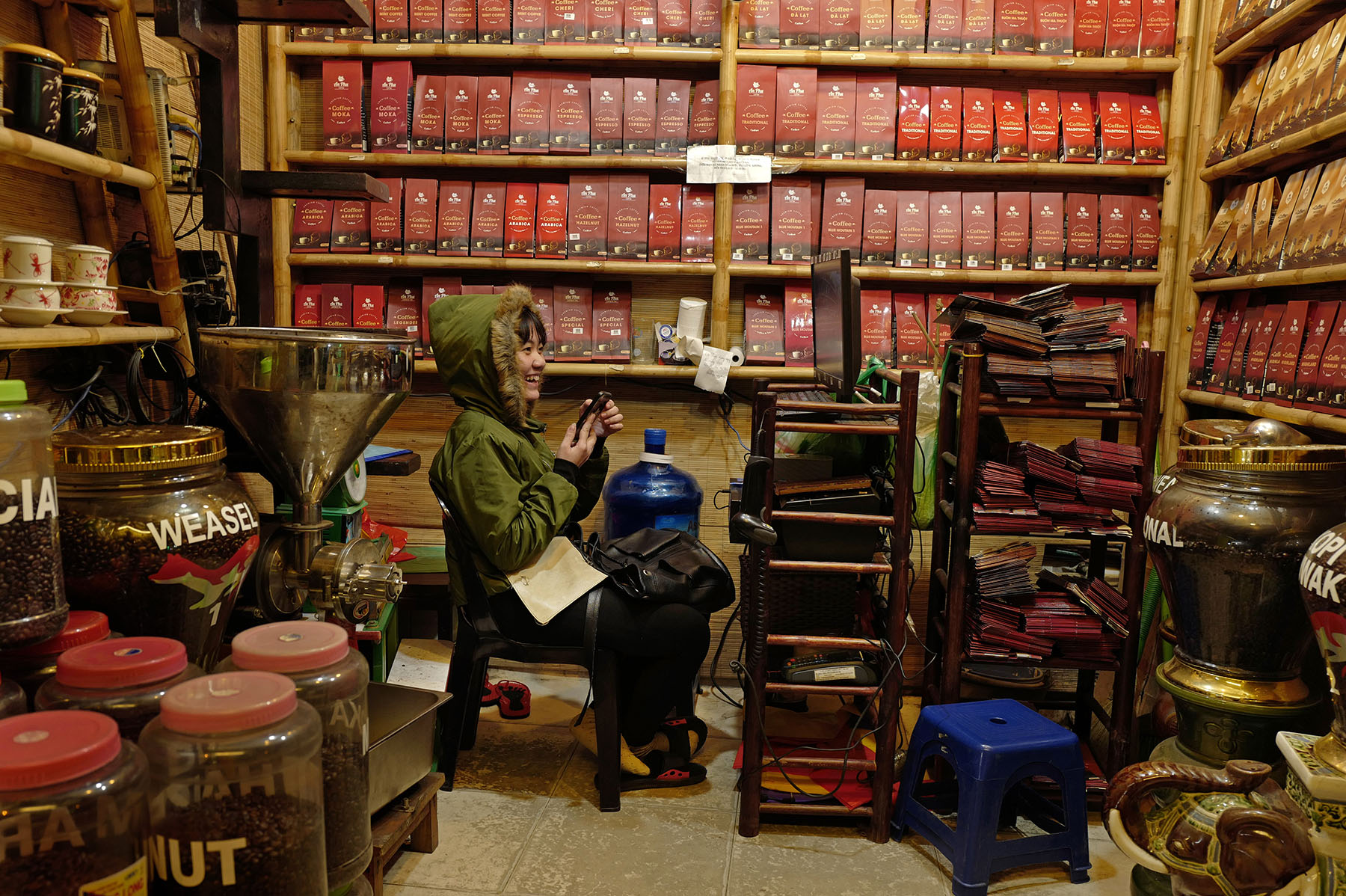
As global coffee prices surge, Vietnam's coffee industry is presented with a significant opportunity to expand its export market share, industry insiders said.
A recent study by the Food and Agriculture Organization of the United Nations noted that coffee prices rose globally by around 40 percent in 2024, largely due to unfavorable weather conditions caused by climate change.
This has reduced production in Brazil, Colombia and Indonesia, while demand in Europe, the United States and Asia has soared.
In July, Vietnam's coffee export turnover reached more than $560 million, bringing the total export value for the first seven months of the year to $3.6 billion and marking an impressive year-on-year growth of 20 percent, according to data from the Ministry of Agriculture and Environment of Vietnam.
READ MORE: Vietnam joins BRICS as 10th partner nation
The industry's growth is mostly attributed to the jump in global coffee prices.
Vietnam is the largest exporter of Robusta coffee in the world, accounting for about 40 percent of global market share. The country is now looking to seize the opportunity to expand its market share.
Nguyen Nam Hai, president of the Vietnam Coffee and Cocoa Association, or Vicofa, said the international coffee market has never been as favorable as it is now.
With high prices and growing demand, coupled with Vietnam's stable supply, the country is in an advantageous position, he said.
However, to fully capitalize on this opportunity, Vietnam needs to delve deeper into processing, rather than relying on raw bean exports, he added.
Although exports have increased in value, the product structure of Vietnam's coffee exports still reveals significant limitations.
The share of deep-processed coffee, including roasted, instant and specialty coffee, currently accounts for only 12 to 15 percent of total exports, according to Vicofa.
This figure is modest compared to the products' potential. In Brazil and Colombia, the ratio ranges from 30 to 40 percent.
Le Hoang Diep Thao, founder and CEO of TNI King Coffee, said that investing in deep processing helps companies multiply the value of their products significantly.
ALSO READ: Cross-border trade driving China-Vietnam ties
But initial investments can be substantial, especially for instant coffee technology, which she said requires hundreds of billions of Vietnamese dong in capital. Not all businesses are financially capable of such investments.
Other reasons Vietnam's coffee sector has been slow to transition to deep processing are technological challenges and branding issues, she added.
Dinh Van Thanh, an agricultural economics expert, said if Vietnam continues to depend on raw coffee exports, it would remain only an "ingredient factory" for large corporations.
A long-term strategy for investment in deep processing is needed, along with efforts to elevate the national coffee brand on the global stage, he added.


